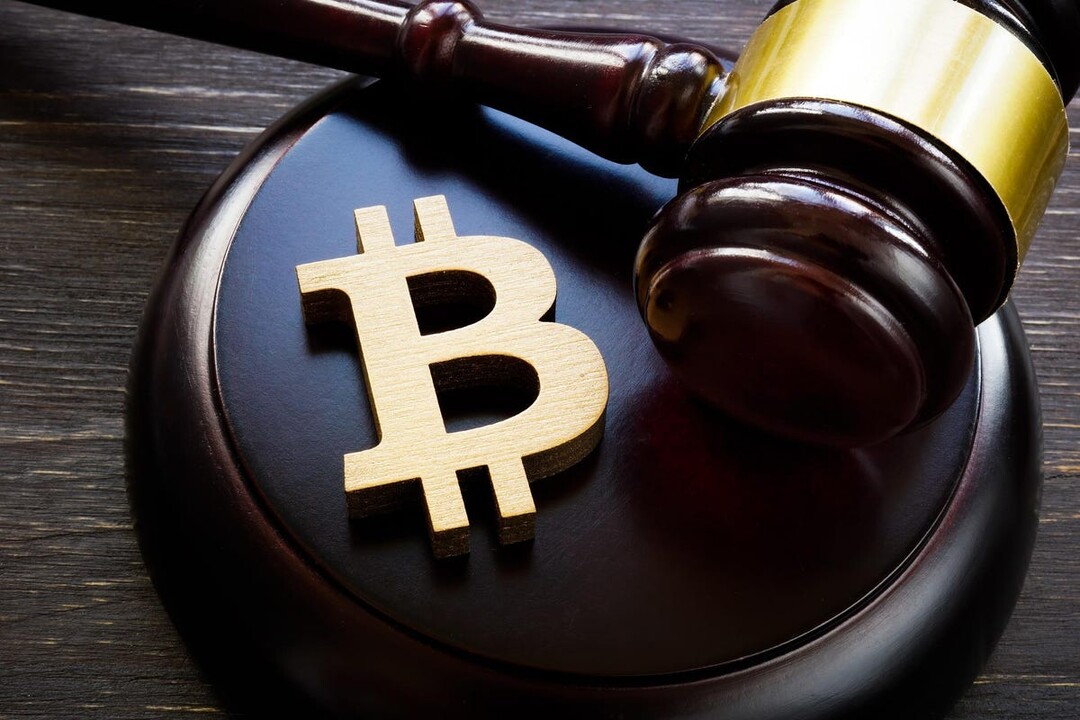Is Cryptocurrency Legal in Nigeria? The Truth You Need to Know
Cryptocurrency has been a hot topic in Nigeria, with many investors, businesses, and even the government struggling to determine its legal standing. With Nigeria ranking among the top countries in cryptocurrency adoption, it is crucial to address the legality, regulations, and risks involved.
But what does Nigerian law say about cryptocurrency? Is it banned, restricted, or fully legal? In this article, we will explore the legal status of cryptocurrency in Nigeria, court decisions, and government policies shaping the future of digital currencies in the country.
📜 The Legal Framework for Cryptocurrency in Nigeria
The Nigerian government has had a complicated relationship with cryptocurrency. There is no specific law outrightly prohibiting cryptocurrency in Nigeria, but several regulations affect its use.
1. The Central Bank of Nigeria (CBN) Ban on Cryptocurrency Transactions
In February 2021, the Central Bank of Nigeria (CBN) issued a circular prohibiting commercial banks and financial institutions from facilitating cryptocurrency transactions. This meant that individuals or businesses could not buy or sell crypto using their bank accounts. The CBN justified this ban by citing:
Risks of money laundering and terrorism financing
The volatility of digital currencies
The lack of regulation and control over crypto transactions
However, this did not make cryptocurrency illegal in Nigeria. Instead, it restricted access through banks, forcing crypto users to find alternative methods like peer-to-peer (P2P) trading.
2. The Securities and Exchange Commission (SEC) Stance on Cryptocurrency
The Nigerian SEC has a different approach. In September 2020, it classified cryptocurrency and digital assets as securities and stated that:
Crypto exchanges and investment platforms must register with SEC
Any crypto asset offering in Nigeria must comply with securities laws
Investors must be protected from fraudulent schemes
This means the Nigerian government does not completely oppose cryptocurrency but wants to regulate it.
Case Law: Cryptocurrency and Nigerian Courts
Several court cases in Nigeria have highlighted the legal uncertainties surrounding cryptocurrency.
1. Aondo v. CBN (2021)
In this case, the applicant challenged the CBN’s directive restricting banks from handling crypto transactions, arguing that it was unconstitutional. The court, however, upheld the CBN’s authority, emphasizing that financial institutions must comply with regulatory policies.
2. RiseVest v. CBN (2021)
RiseVest, a fintech company, challenged CBN’s freezing of bank accounts linked to crypto transactions. The court ruled that CBN exceeded its powers, reinforcing that crypto itself is not illegal but still faces regulatory scrutiny.
These cases show that while CBN can regulate financial institutions, it does not have the authority to completely ban cryptocurrency in Nigeria.
🔎 The Role of the Nigerian Government in Crypto Regulation
While the CBN restricted banks from dealing with crypto, the Nigerian government has shown increasing interest in blockchain technology and digital currencies.
1. Launch of the E-naira
In October 2021, the CBN introduced the E-naira, Nigeria’s digital currency. The E-naira operates under the government’s control and differs from cryptocurrencies like Bitcoin and Ethereum, which are decentralized.
The launch of E-naira shows that the Nigerian government acknowledges digital currencies but prefers a regulated version.
2. The 2022 Finance Act and Crypto Taxation
In 2022, the Nigerian government introduced a 10% tax on digital assets, including cryptocurrency. This move indirectly recognized cryptocurrency trading as a legitimate financial activity.
📉 Challenges of Cryptocurrency Regulation in Nigeria
1. Lack of a Clear Legal Framework
There is no comprehensive law regulating cryptocurrency in Nigeria. This creates uncertainty for investors, businesses, and even regulators.
2. High Crypto Adoption Despite Restrictions
Nigeria is one of the largest cryptocurrency markets in the world, ranking high in peer-to-peer (P2P) Bitcoin trading volumes. This proves that despite the government’s restrictions, crypto adoption is unstoppable.
3. Risk of Scams and Fraud
Because of regulatory gaps, many crypto-related scams have emerged in Nigeria, including Ponzi schemes and fraudulent exchanges.
4. Inconsistencies Between CBN and SEC
While SEC seeks to regulate crypto as an investment asset, CBN restricts its use in banking. This contradiction confuses businesses and investors.
What Does the Future Hold for Cryptocurrency in Nigeria?
Despite current restrictions, Nigeria is gradually shifting towards a more accepting stance on cryptocurrency. In December 2022, CBN hinted at reversing the ban on crypto transactions, recognizing the potential benefits of blockchain technology.
In 2023, Nigeria passed new regulations for crypto exchanges, requiring them to register and obtain operating licenses. This suggests that a full crypto-friendly legal framework might be developed soon.
Expert Predictions
More crypto regulations rather than outright bans
Potential government-backed crypto exchange platforms
Better investor protection against fraud and Ponzi schemes
CBN possibly lifting banking restrictions
Conclusion: Is Cryptocurrency Legal in Nigeria?
So, is cryptocurrency legal in Nigeria? The short answer is YES, but with restrictions.
Owning and trading cryptocurrency is not illegal.
CBN prohibits banks from facilitating crypto transactions.
SEC regulates crypto as an investment asset.
Crypto traders use P2P platforms to bypass banking restrictions.
As Nigeria moves toward regulating rather than banning cryptocurrency, investors must stay informed about policy changes to ensure compliance with emerging legal frameworks.
For legal advice on cryptocurrency in Nigeria, visit CHAMAN Law Firm.


